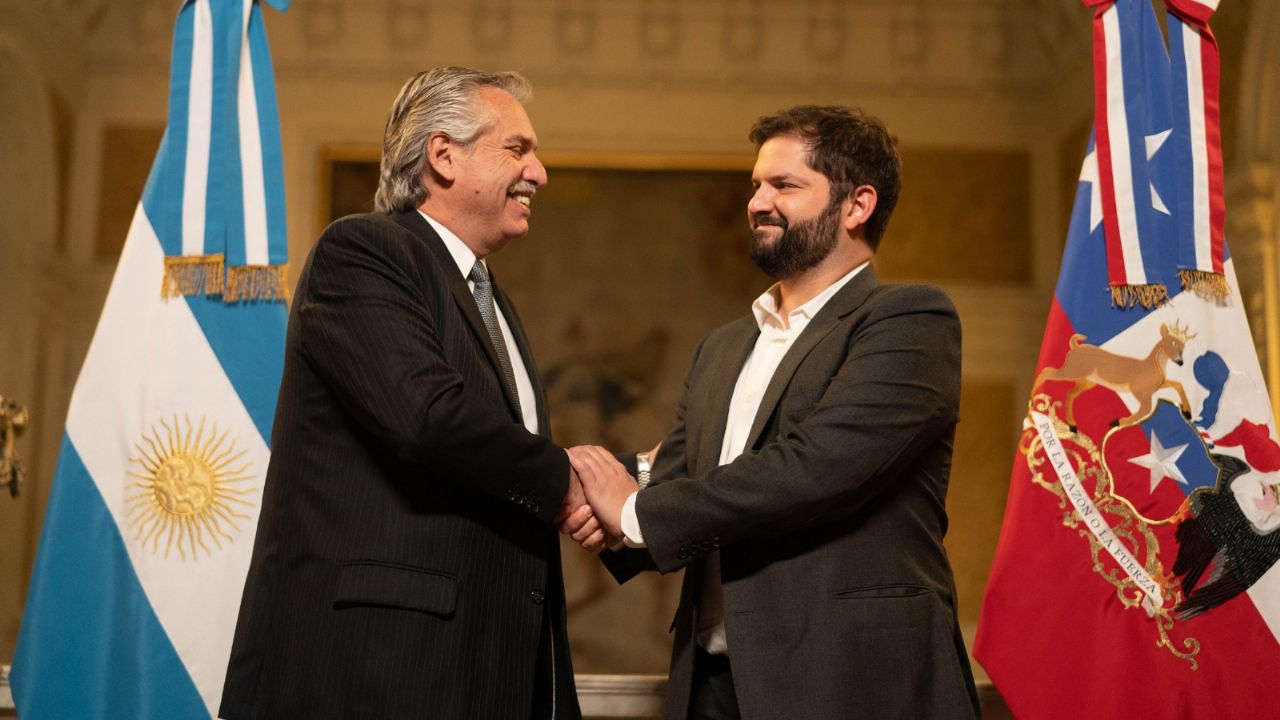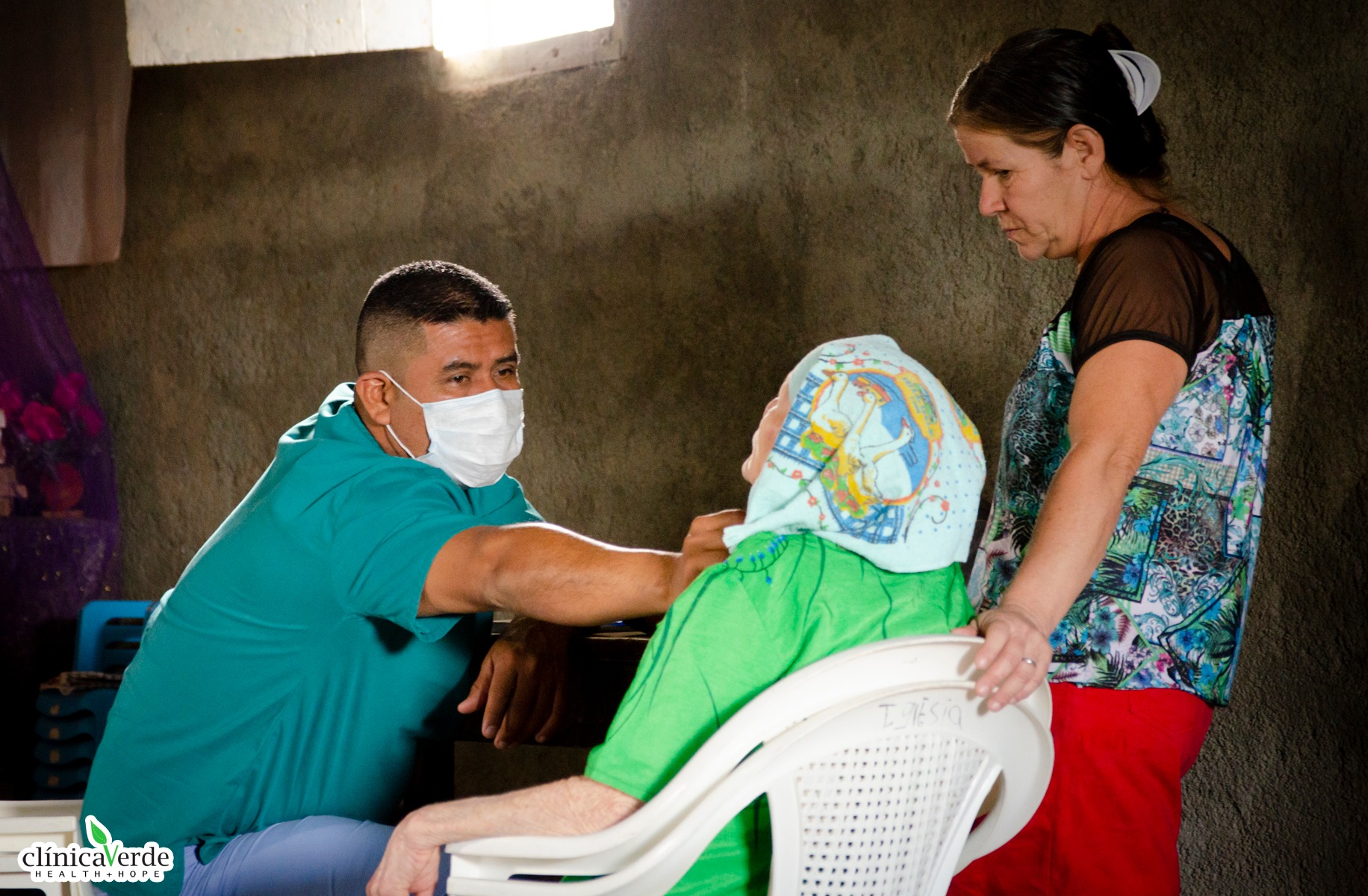In the improvised mass graves or in the middle of the streets, the corpses are everywhere in the Ukrainian city of Bucha, northwest of kyiv, where the inhabitants continue to mourn their dead after the withdrawal of Russian troops.
Ukrainian President Volodimir Zelensky said Russian leaders should be held responsible for “murder” and “torture” in Bucha, where the grisly discoveries have sparked outrage in Europe and the United States.
Liuba, 62, leads a neighbor into a sodden trench behind a gilt-domed church. He doesn’t have the strength to see if his brother is lying there, as some rumors have indicated.
Some 57 people have been shallowly buried in this mass grave, a city employee told an AFP journalist. But only part of them are visible.
Some are in body bags. Others, wearing civilian attire, have been partially buried. One sees emerging from the earth, in strange positions, a pale hand, a foot wearing a boot, exposed to the snowflakes that fall on this town on the outskirts of the capital.
A corpse is surrounded by a red and white sheet, near a single pink women’s sandal.
Liuba’s neighbor backs away, and then collapses. He can’t get any closer to the pit.
“These wounds will never heal,” Liuba fears. “I wouldn’t wish this on anyone, not even my worst enemy.”
Absolutely necessary
Nearby, along a narrow road surrounded by houses in ruins, four men are moving aboard a truck, dodging the bodies.
An AFP journalist last weekend saw at least 20 bodies, all in civilian clothes, lying in a street.
Three of the bodies were entangled in bicycles, while others fell near crushed or bullet-riddled vehicles. One had his hands tied behind his back and his head was in a scarlet pool.
Vitalii Shreka, 27, lifts a corpse, placing it in a body bag that his colleagues close.
They carefully inspect each body, looking for an identity document, before loading it into the van.
One of them throws a bicycle at two dogs that get too close to the corpses.
“We have to do it. What we do is absolutely necessary,” explains Vladyslav Minchenko, 44, standing before an abandoned body.
Serhii Kaplychnyi, a city employee, explains that he and his colleagues were no longer able to bury the dead during the brief period of Russian occupation.
“Many people died from gunshots or shell splinters, but at first we were not authorized to bury them,” he explains to AFP. “They told us to leave them while it was cold.”
The Russians eventually allowed them to put the bodies together. “We dug a big grave with the help of a tractor, and then we buried them,” he recalls.
Now he coordinates efforts to find bodies throughout the town.
After the Russians depart, soldiers give each other manly hugs, people wave small Ukrainian flags, and aid convoys roll into town.
But Serhii Kaplychnyi cannot forget the scenes of the last few weeks. He particularly remembers one day when his colleagues found ten people shot in the head.
“Apparently, there was a sniper having fun,” he says with a small voice.
City employees weren’t the only makeshift gravediggers. Several inhabitants did their best to provide a temporary burial for their neighbors, in gardens or other places.
“There was an old sewage system that was no longer in use. Some corpses were also left there. Now we are going to look for them,” he says.



